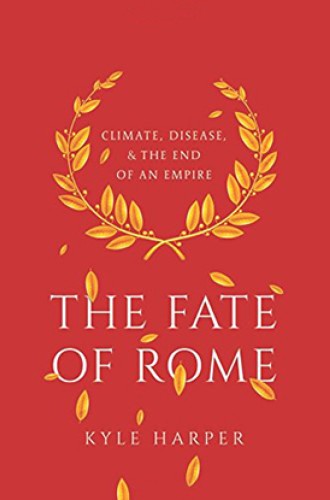When Rome succumbed to the elements
What brought down the Roman Empire? Kyle Harper says it was plague and cold climate.
In his misguided masterpiece The Decline and Fall of the Roman Empire, Edward Gibbon (in)famously blames the demise of the greatest empire in human history in part on Christianity. Infected by the new and not-violent-enough religion, the emperors and their soldiers forfeited their masculinity and ultimately lost their power to the hairy, smelly, and very masculine barbarian hordes.
Gibbon’s is just one of myriad theories as to why Rome fell after a millennium of unprecedented (and never repeated) strength. Kyle Harper, a classicist at the University of Oklahoma, adds a fascinating theory to the corpus—one that could only be ventured at this particular point in history. That’s because his thesis rests entirely on modern science.
Harper, an able and often eloquent writer, does not deny the political ebbs and flows of the empire, the literal backstabbing that led one emperor to succeed the last. But good and bad emperors came and went in no pattern. Instead, Harper argues, Rome was brought down by two environmental components: pestilence and climate. And when these two worked in concert, things really got bad.






